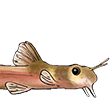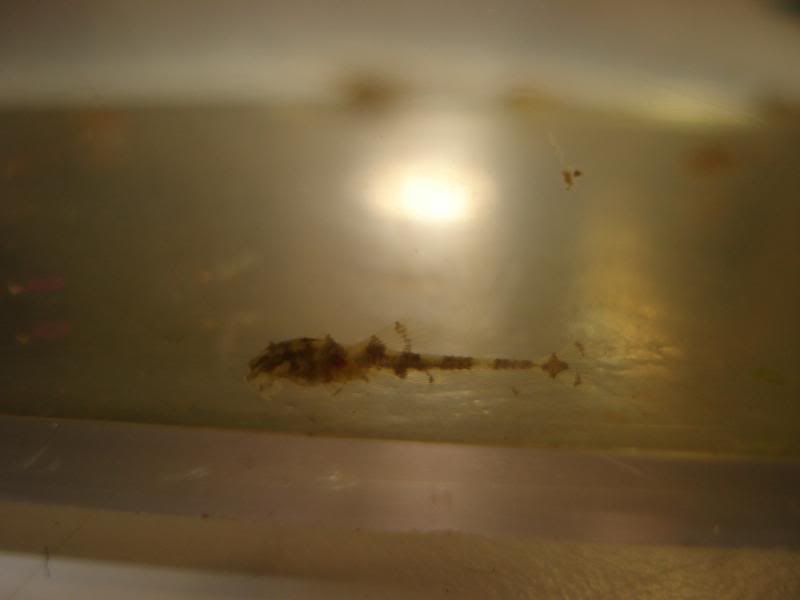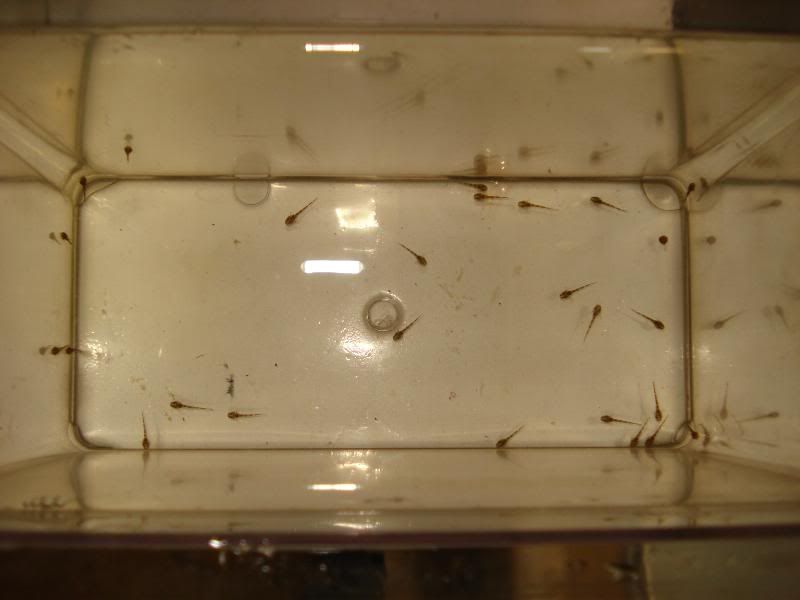Photos: I hope you enjoy
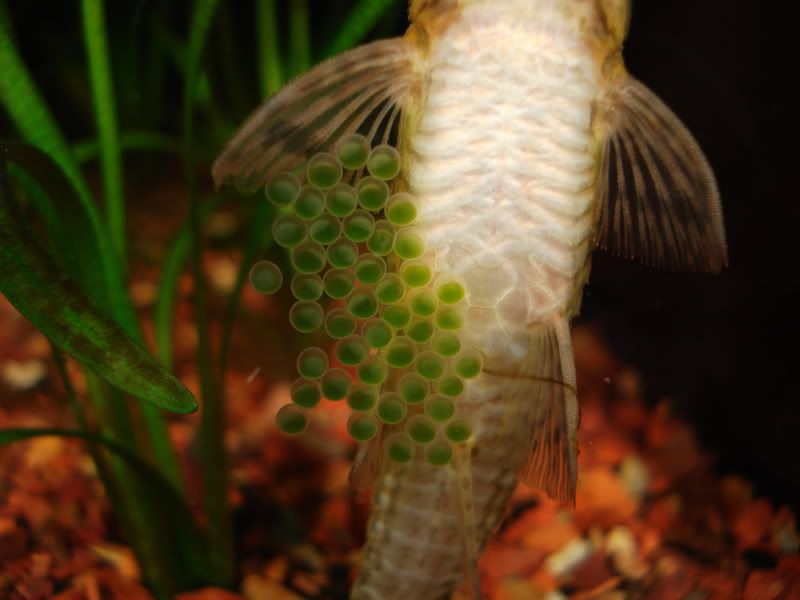
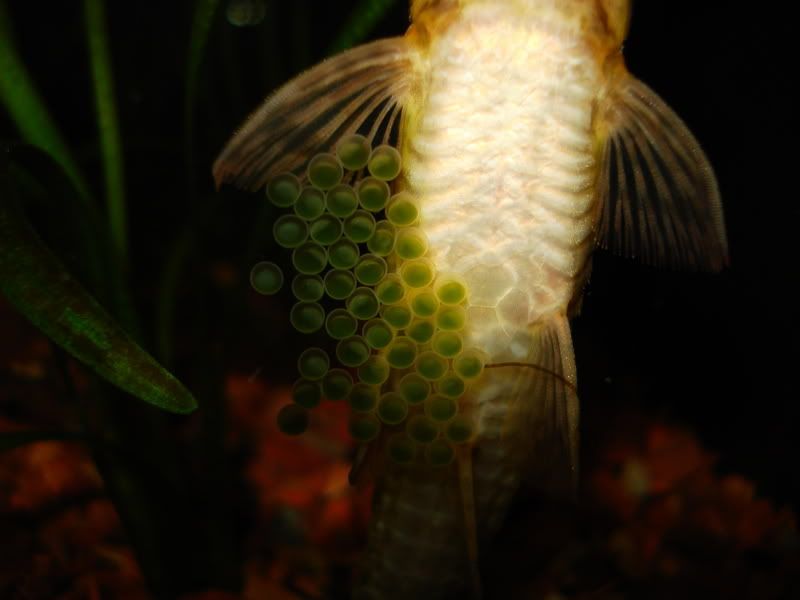
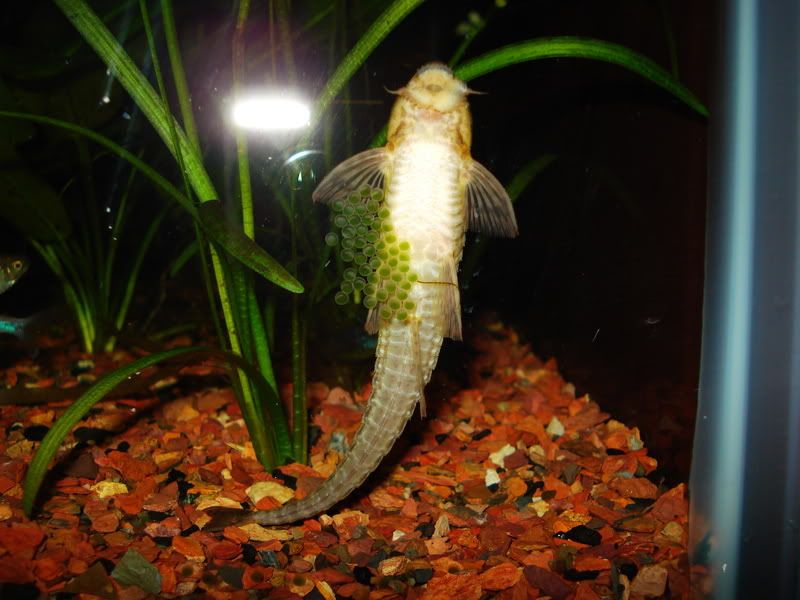



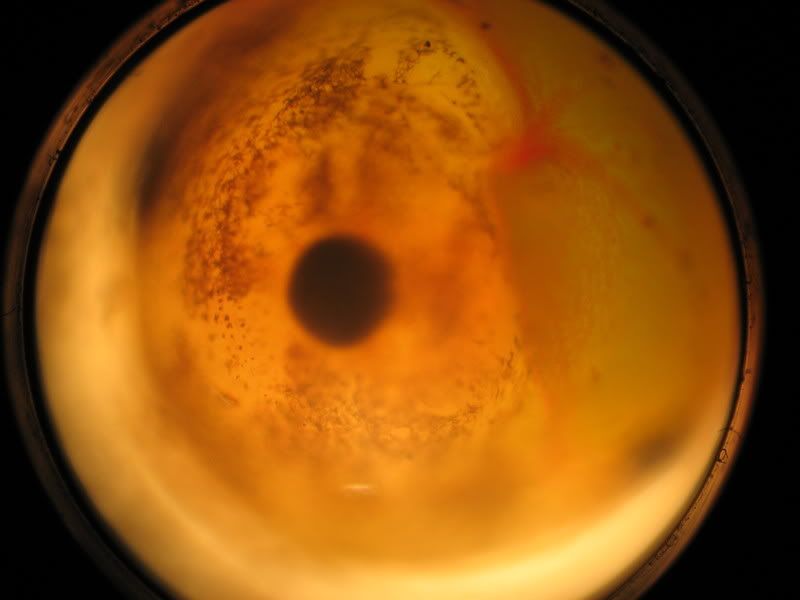
I have a video but it is loading slowly. It clearly shows blood flow from gills to abdomen. I am working on getting it up.
Anyone know what these fry are going to want to eat? Its my first Rineloricaria spawn so I am in the dark, Were it an Angel, Discus, Tetra, Cory, or Apistogramma I know what to do next.

